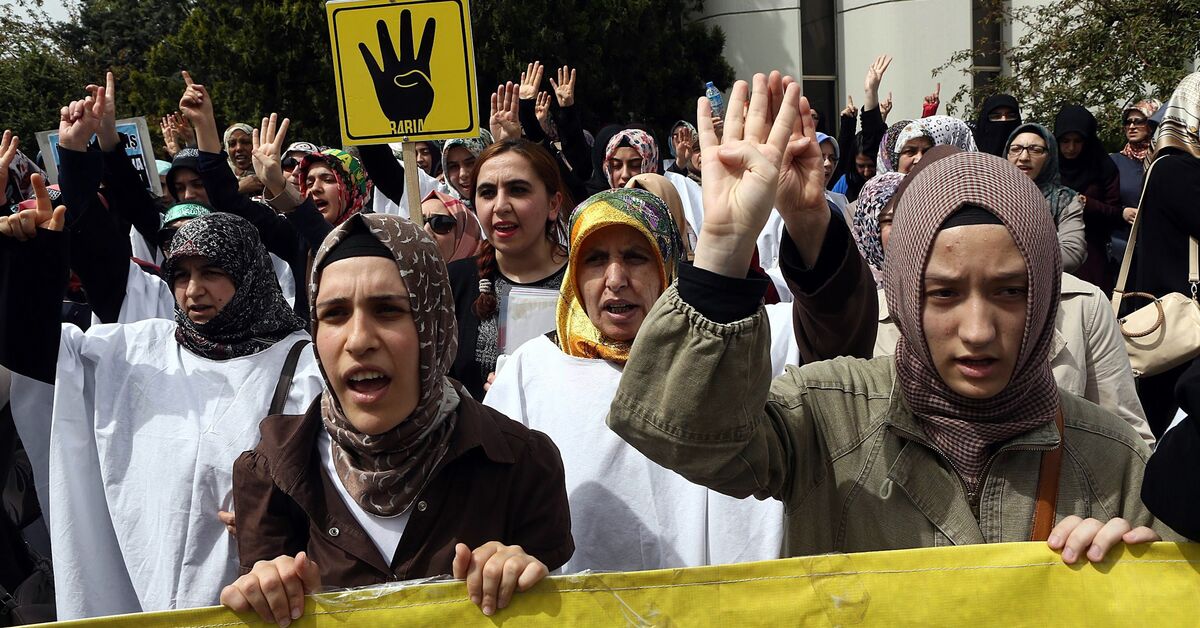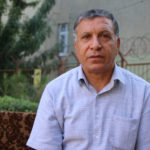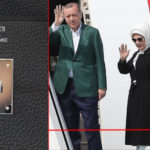Egypt’s highest court ruled June 14 to uphold death sentences for 12 top Muslim Brotherhood leaders prosecuted for organizing the 2013 sit-in protests.
In March, as talks between the foreign ministers and intelligence agencies of Egypt and Turkey became public, Turkish officials said they were optimistic about Cairo’s treatment of the Brotherhood members. Their hopes have been dashed.
Turkish President Recep Tayyip Erdogan took the 2013 coup against former Egyptian President Mohammed Morsi to heart. He supported Brotherhood demonstrations against the government and championed the suffering of Brotherhood leaders and members at his rallies. Erdogan’s Rabia sign (four fingers shown with thumb folded in) became a unifying symbol for his followers. Erdogan’s quixotic disapproval and loud criticism against current President Abdel Fattah al-Sisi continued even after Morsi’s death.
Since 2013 Turkey, with financial support from Qatar, has gone to extremes to support the Brotherhood. Istanbul became a hub for Brotherhood members in exile. A retired Egyptian general speaking on condition of anonymity told Al-Monitor, “Turkey not only harbors at least 25,000 terrorists with families but also provides them support to propagandize against us through the media. They support guerrilla warfare in Sinai and deploy mercenaries into Libya right on our border for the fatuous dream of [Brotherhood] rule.”
Despite his public efforts to reach an understanding with Cairo, Erdogan still employs the Rabia salute at his rallies.
After the court decision was announced several human rights organizations condemned it. Islamic scholars called on Muslim leaders, particularly Erdogan, to stand up against it and save those on death row. Mehmet Gormez, former head of the Turkish Religious Affairs Directorate, sent a letter to the sheikh of Al-Azhar, Ahmed Al-Tayeb, and the Grand Mufti of Egypt, Shawki Allam, calling on them to influence decision-makers in Cairo.
In Turkey, several small pro-Brotherhood groups protested the decision and were not stopped or attacked by the police, a sign of tacit government approval. However, Erdogan and government officials are still silent on the issue. A diplomatic source from Ankara told Al-Monitor, “We do not like the death penalties, but we know that if we speak up it will not help save those lives. Erdogan will not sit at the table with Sisi, but that does not mean normalization cannot happen. [If] we see Egyptian media outlets curbing their anti-Turkish rhetoric, we will meet them halfway.”
Erdogan’s silence on the news has fueled fear among Brotherhood members in Turkey. A senior member who recently left Istanbul told Al-Monitor on condition of anonymity, “I never thought I would leave Turkey while Erdogan was alive and in power. He became like the new [former Egyptian President Gamal Abdel] Nasser.” Nasser had the Brotherhood’s support before coming to power but then cracked down on the movement.
Mahmut Kar, media bureau chief of the international pan-Islamist organization Hizb ut-Tahrir, told Al-Monitor, “In Turkey, neither the government nor the opposition make politics based on principles and values. Their political lines are based on two main factors: first interest and profit, second to meet the expectations of Western states. Hence, the reactions of the government and other political parties to the 2013 coup in Egypt are for their own domestic interests. Today, silence on these death penalties is in line with the Biden administration’s interests in the region.”
Kar emphasized that in 2013 the government had used the coup in Egypt for its own domestic concerns. “Similarly, today they are presenting rapprochement as a necessity for the national interests in eastern Mediterranean rather than to meet the demands of the United States,” Kar concluded.
Islam Ozkan, a scholar who specializes in Islamist movements and the Middle East, told Al-Monitor, “Although the general idea is that Erdogan’s solidarity with the [Muslim Brotherhood] is because of his ideology and belief system, I think that does not reflect the complete picture. The reason is a concern that the coup scenario in Egypt will be repeated in Turkey. Erdogan built a psychological barrier to prevent the success of a potential coup with the public. If the AKP did not feel a threat to itself, would the government show such interest in human rights abuses against [Muslim Brotherhood ] and the Freedom and Justice Party? It is not so clear.”
Another concern is about the future of the three prominent satellite channels Al Sharq, Watan and Mekameleen TV broadcasting from Turkey. Will Turkish government shut them down? Will they extradite their leadership to Egypt?
Times have changed and there is growing pressure on the Egyptian media outlets operating from Turkey to curb their criticism of the Sisi administration and soften their language. Feyza Gumusluoglu, a journalist with expertise on Gulf politics who has reported from Qatar, told Al-Monitor that shutting the outlets is unlikely. “It is not surprising that they were asked to ‘tone down.’ A similar situation is the case of Al Jazeera. The channel did not shut down when Qatari rapprochement with the GCC started, but its tone is significantly softened, there are less Brotherhood figures in its programming and a degree of censorship can be seen even in the fatwas of [senior Brotherhood imam Yusuf] al-Qaradawi.” Even more liberal figures such as Ayman Nour have received warnings from Ankara. On June 24, Mohammed Nasser, a popular commentator for Mekameleen TV, announced his reluctant resignation on Twitter.
It would be a drastic measure to deport Egyptian members of the movement, some of whom have residency and citizenship in Turkey. Ozkan emphasized the example of popular journalist Moataz Matar from Al Sharq, one of the figures under pressure from Ankara. “Matar commented that he will keep speaking up and maybe it is best for him to leave so that Turkish government is not left in a bind.”
Lorenzo Vidino, director of the Program on Extremism at George Washington University, acknowledged the challenges the Brotherhood is facing in Turkey and how few options they have if they were to leave Turkey. “Much less than they had eight years ago,” Vidino commented to Al-Monitor. “Sudan is no longer viable, Qatar only partially, maybe a bit Malaysia and for some it may be Western countries. But none of these options can be compared to the freedom and support they have been enjoying in Turkey,” he added. All experts Al-Monitor contacted agreed that the Muslim Brotherhood leadership is running out of places to seek refuge.
The movement members across the world are concerned about how long they can count on Turkish hospitality. Silencing the media is the first step of rapprochement with Egypt and maybe the easiest for Ankara, but there will be more.
The Muslim Brotherhood is facing charges of terrorism in the Muslim world. States ranging from Pakistan to the Gulf to Tunisia are at odds with it. Curbing the Brotherhood diaspora’s activities has already become a top priority in Turkish foreign policy and may have unintended spillover effects in domestic politics.
Source: Al – Monitor



